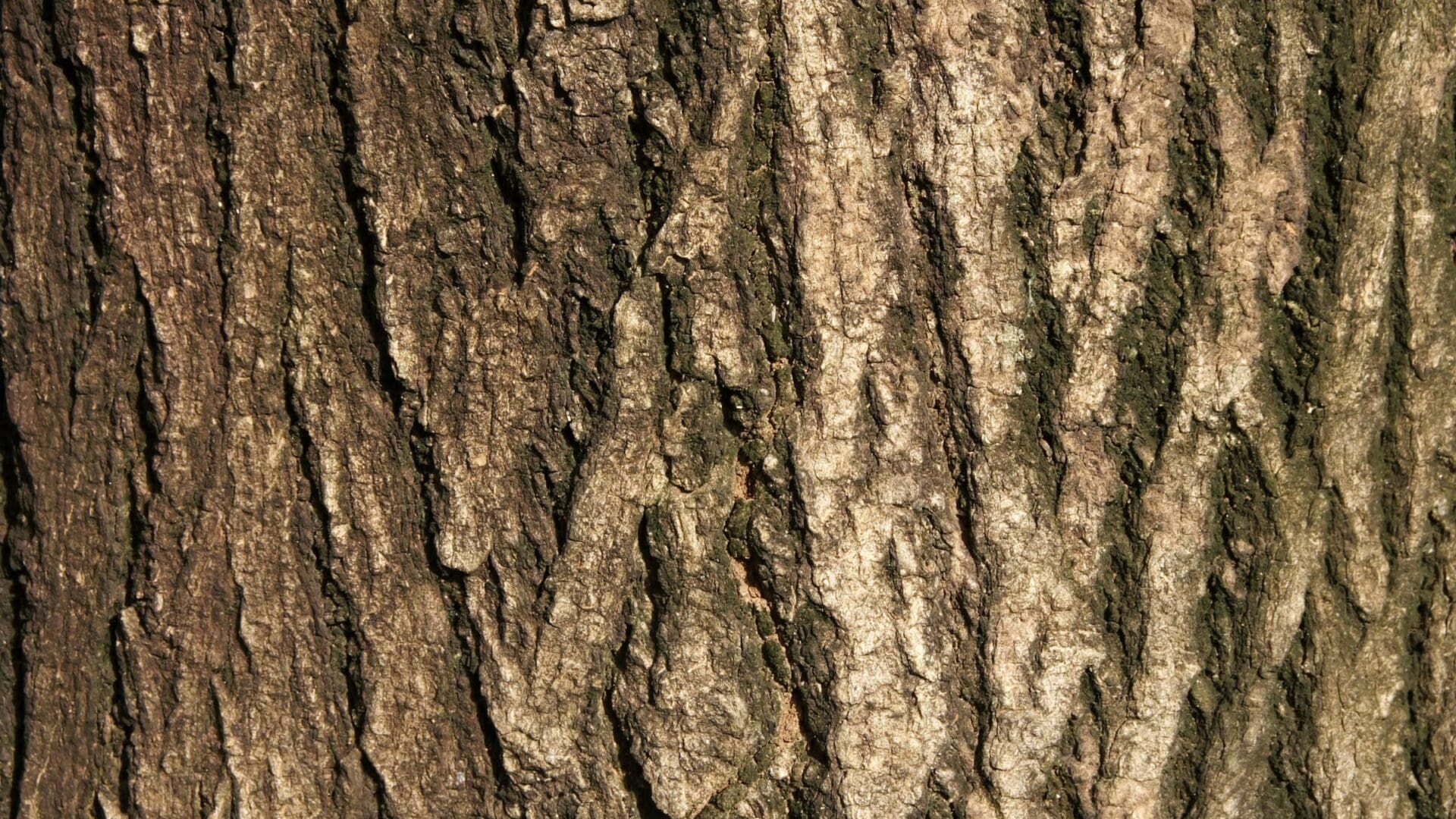New bio-composite materials that help to reduce CO₂ footprint from the functionalization of cellulose
The invention relates to a procedure for the preparation of a conjugate between poly(limonene carbonate) (PLC) and cellulose, which is a high versatile and eco-friendly medium for the manufacture of new materials, such a rubber-type materials and bio-based plastics. The present invention also refers to this conjugate (i.e: PLC functionalized cellulose) and their use in the preparation of crosslinking materials and bio-based plastics.
The inventors have functionalized cellulose by covalently attaching a chain of PLC to its free hydroxyl groups, which is suitable to be cross-linked in a subsequent step. The PLC incorporates the greenhouse effect gas CO2 within its structure, and the catalyst discovered at Prof. Kleij’s group can form the polycarbonate of sterically hindered monomers such as limonene epoxide, a method that avoids the use of toxic reagents.
The functionalized cellulose-PLC conjugate serves as natural fibres for the formation of composite materials by cross-linking the conjugate with a monomer that will constitute the polymeric matrix of the composite. In this way, the result is that the natural fibre is covalently bonded to the polymeric matrix medium, improving the thermomechanical properties of the material.
The technology can find applications in fields such as reinforced, light materials for construction and transportation or automotive / aerospace industry, as well as new bio-sourced sealants.
Advantages and unique selling points
- Use of circular materials: CO₂ and waste by-product of the agriculture or food industry.
- Application as green sealant or reinforced material (composites) of the final product.
- Alternative to the oil-based materials for greener applications and according to the circular economy.
- Valorisation of CO₂ emissions contributing to climate action policies through the fixation of the CO₂ molecule in the polymer material.
Target market
The present technology has a target market in sealants, plastics or reinforced materials manufacturers, with a lower carbon footprint.
Type of partnership sought
- Partner for joint development and/or commercialisation of products and custom applications of the developed materials is sought.
- Global licensing rights for the materials and methods are available.
- Regional licensing deals may be considered.
- Flexible licensing strategy related to development milestones.
Collaborators
Fundació Institut Català d’Investigació Química (ICIQ), Institució Catalana de Recerca i Estudis Avançats (ICREA) and Universität Potsdam (UPOTSDAM).
Funding
From TecnioSpring Industry COMBILOOP project, ref. ACE026/21/000087. Funded by European Union’s Horizon 2020 research and innovation programme under Marie Skłodowska-Curie grant agreement No. 801342 (Tecniospring INDUSTRY) and the Government of Catalonia’s Agency for Business Competitiveness (ACCIÓ).
-
Technology status
TRL 3 (Experimental proof of concept)
-
Sectors of application
Chemistry, composite materials, functional materials, polymers, sealants
-
Inventors
Arjan Kleij, Dimitrios Skoulas, Fernando Bravo Lara, Helmut Schlaad
-
IP situation
- EP Patent Application EP24382310.1
- Priority date: 21/03/2024


Get started with an expert
Together, let’s create a brighter future providing solutions through a partnership
Connect with us




















